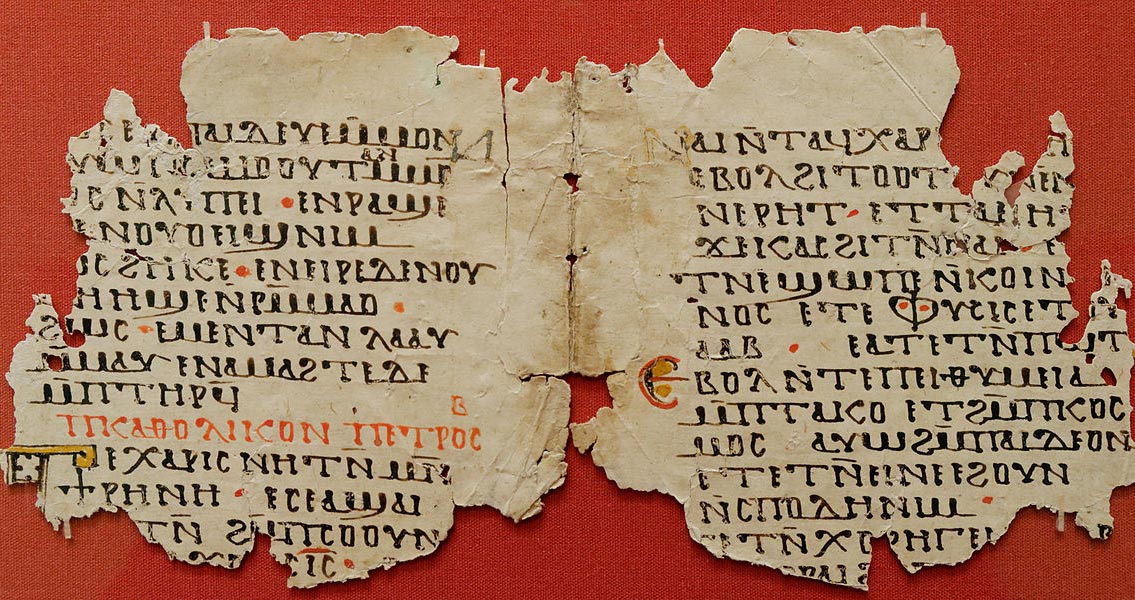<![CDATA[In what could be a huge breakthrough or a huge mistake (we hope the former), researchers have finally deciphered an Egyptian handbook full of spells and invocations. The “Handbook of Ritual Power” first came to light in the latter stages of 1981, when Macquarie University acquired it from an antique's dealer in Vienna. The exact origin of the text is still unknown. The 1,300-year-old codex is written in Coptic, and the contents includes spells on exorcism, love, and health. The findings have been published in a book entitled “A Coptic Handbook of Ritual Power”, written by Macquarie University professor Malcolm Choast and University of Sydney professor Iain Gardner. It is believed that the 20-page parchment codex may have been written in the seventh or eighth century, at a time when many Egyptians were converting to Christianity. Even though the book's authors mentioned Jesus in their spells, they were unlikely to have been Christians themselves. The researchers believe that the writers were part of a sect called the Sethians; a Gnostic group from the Roman era that worshipped Seth, the son of Adam and Eve. One of the texts in the codex refers to Seth as the living Christ. Sethians were labelled as heretics by the Christian Church, and were heading into extinction by the seventh century. Because of the codex's mixed message of Sethian and Christian elements, the researchers believe it was a transitional document written before all Sethian invocations had been removed from magical texts. The codex is in line with similar texts from the same period, in that it contains more Orthodox Christian content than invocations of Seth. The researchers report that the ancient codex starts with a lengthy series of powerful invocations surrounded by drawings. This is followed by a number of spells relating to exorcism and curing sicknesses, and then a series of spells to improve one's love and business life. Near the start of the codex is a reference to a mysterious being named 'Baktiotha'; “I give thanks to you and I call upon you, the Baktiotha: The great one, who is very trustworthy; the one who is lord over the forty and the nine kinds of serpents.” Ominously, a spell is described later in the book which enables the user to dominate another, by speaking certain magical words over two nails and then driving them into a door frame – one on the right side and one on the left. The researchers are working to determine the mysterious person or people who created the book. They are not fully ruling out the possibility that it was a monk or priest, but think it was more likely a ritual practitioner. The author or authors probably chose to remain in the shadows, since they couldn’t safely come out as ‘magicians’.]]>
Egyptian Book of Spells Decoded
